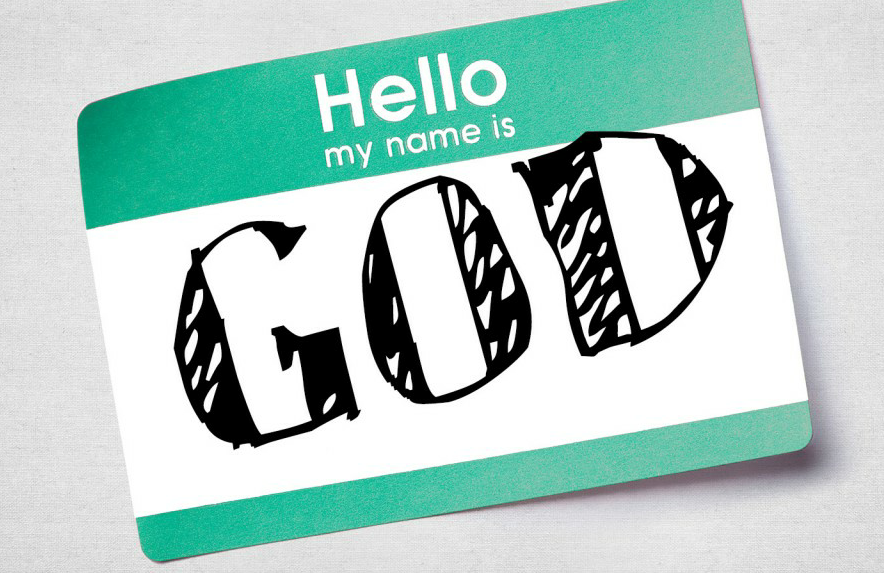When you think of God, who are you thinking of? Who is he in your mind?
This was the question the preacher posed this morning. My mother’s congregation was holding a fall kick off, so we sat in folding chairs lined up in the park across from the brick and mortar building that was my place of worship for twenty years. The singing was accompanied by sunshine playing hide and go seek through the clouds, a cool breeze providing an autumnal relief after the suffocating humidity of the summer. As the music transitioned into prayer and reflection of who God is, the skies slowly opened into a cold drizzle. Who do I see when I picture God? Probably not the gentle, loving father and creator that those around me were dwelling on.
So who did I envision when prompted into silent reflection? Let me preface it with the fact that I don’t subscribe to the fairy tale perfection of God and Jesus. Nor to the notion that this entire world exists because an all powerful being was bored and created us like a science fair project. When I think of God as many Christians describe him, my perspective is clearly different. I envision a cold, distant figure, sitting back watching us self destruct. I see him as cruelly refusing to intervene as wars break out across the globe and diseases slowly strip good people of their lives.
I have heard religious people comfortingly utter the phrase “God never gives us more than we can handle” whenever someone is in the midst of a trying situation. But we have more than 40 thousand suicides reported each year. If God doesn’t give us more than we can handle, how do you explain all of those people who were so overwhelmed they saw no other way out? Some may argue free will, mental illness, etc. but where was God when they were at the end of their rope? If he is all-powerful, he could intervene. He could save his people if he loved us so much.
But he doesn’t. With more than 7 billion people currently living on this earth, are we truly so vain as to think our individual life matters? Sure, maybe we have some friends and family members who love us and whom we influence. But in the big picture, we are so incredibly insignificant. We have the audacity to believe there is a mystical being who not only knows us apart from the other 7 billion people, but loves us specifically. God isn’t a loving creator, he’s a figment of our dreams, imagined by our narcissistic need to be important in a grander scheme. The concept of living 70 or 80 years, then dying from heart disease or cancer and leaving behind nothing but a few loved ones and a job we held for 40 years is utterly depressing. We want to matter, so we tell ourselves our journey continues after death. We give ourselves a false sense of importance: that there’s a deity who loves us so much he wants to spend all eternity with us.
If I picture God as a bigger version of his followers, the image is still grim. Many people I know through religious connections are incredibly disingenuous. Obviously this is a radical generalization, as I know many wonderful Christians, as well as many terrible people with no religious affiliation. But it has been my experience nonetheless. They smile and sing, bow their heads and give their tithes on Sunday morning. Yet by lunchtime on Sunday, their lives are evidence of a complete switch. Only a few years ago, I felt rejected from church. See, I had been one of them. I sang in the choir, never missed a service or volunteer opportunity. Meanwhile, in my life outside of church, I was a different person. I did the things we were instructed against on Sunday mornings. I was that person that I hate, and I could see the double life in the others around me too. If we were all created in God’s image (as we’re told in Genesis 1:27), what does that say about God? Again, I know the canned answer, as I was once taught to answer these kinds of retorts. Sin. Free will. God wanted us to be free to choose our own paths. But if we’re the living incarnations of a holy and perfect deity, does he also have the urge to sin? Because either he does and thus becomes imperfect, or we aren’t as godlike as we believe. Is God the perfect being people build him up to be or is he just another hypocrit like us?
If God is real, he must be equally as flawed as us. He must be just as selfish and narcissistic as all of humanity. Who wouldn’t prefer nothingness to that?
